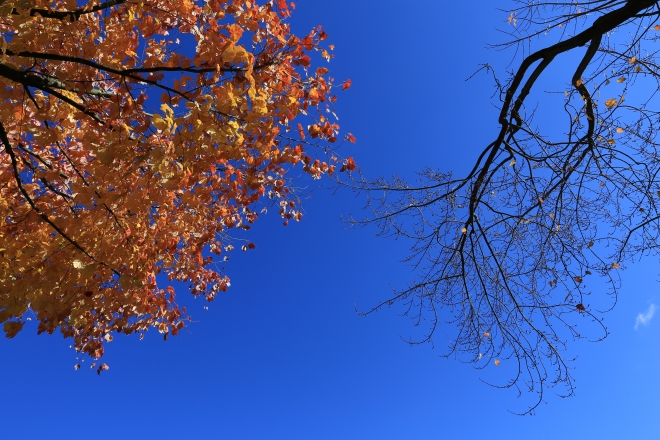
Depression
Body Language During The Winter Months
What happens to many of us during the cold, dark winter months is that our body language changes to fit an environment more suited for hibernation than for an active lifestyle. We hunch our shoulders, stick our hands into our pockets, turn our gazes towards the ground. We close off as we fold into ourselves.
But actually we need to be doing the exact opposite if we want to create some balance in our lives rather than adding to the problem. We need to make posture compensate for the bad weather not be a victim of it. The restrictive body language we are talking about here is usually unconscious, a reaction to the winter weather that we aren’t fully aware of doing. But it still affects us. The way we hold ourselves is a psychological two-way street. We can constrict our bodies in response to the weather but we can also feel constricted in response to how we are holding our bodies.
Take smiling as an example. See how long you can hold a smile on your face before your mood starts to be positively affected, even though you have nothing in particular to be smiling about at that moment. But when you contort your face into the position of a smile your brain interprets it the same way as if some stimuli from the environment were causing it, which in turn causes a cascade of positive affect.
During the winter months think about holding your body in more expansive positions than usual. Take up space, make sure your shoulders are thrown back rather than hunched, look all around you with a sweeping gaze rather than staring down at the ground as you walk. You’ll probably notice a big difference, that you feel expansive and free even though the weather is trying to bring you down, to force you into yourself.

